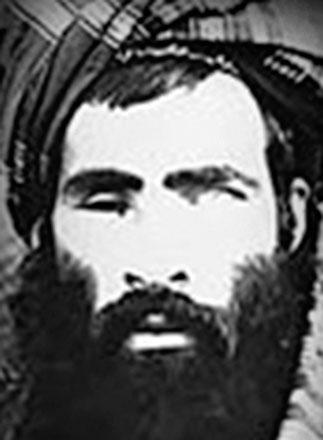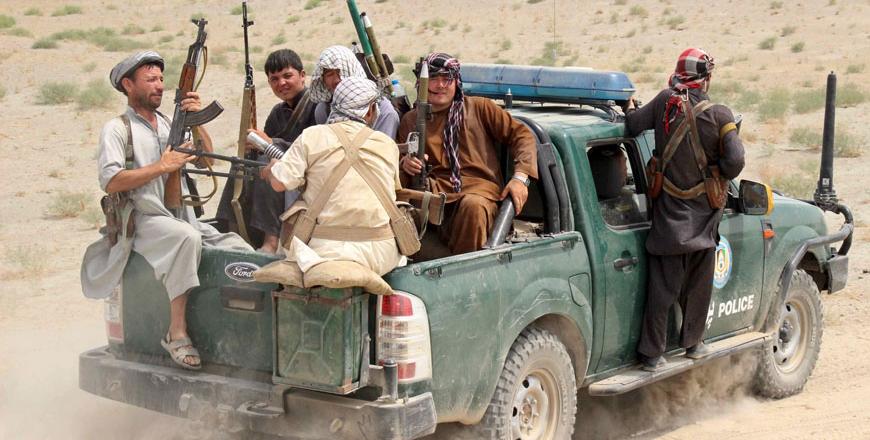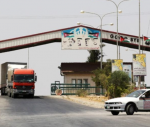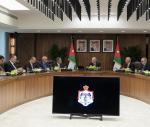You are here
Head of Taliban’s Qatar office quits as leadership rift deepens
By AFP - Aug 04,2015 - Last updated at Aug 04,2015
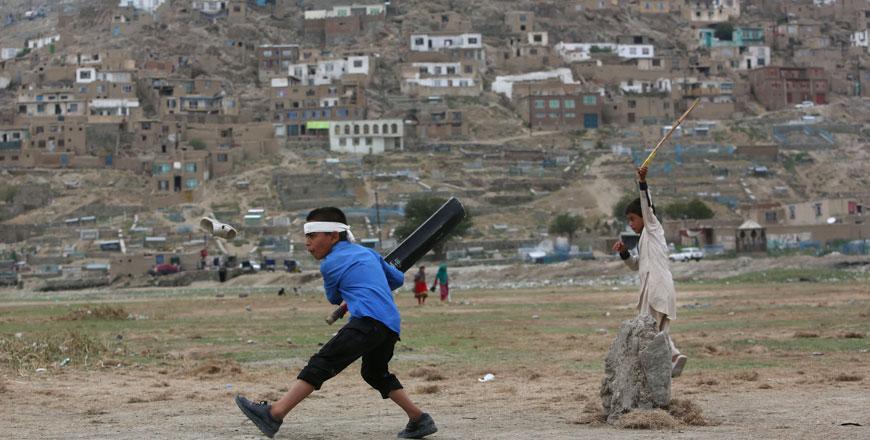
Afghan children play cricket on the outskirts of Kabul, Afghanistan, on Monday (AP photo)
KABUL — The head of the Taliban's Qatar-based political office has stepped down, a statement said, a high-profile resignation within leadership ranks highlighting growing discord over the movement's recent power transition.
Mullah Akhtar Mansour was announced as the new Taliban chief on Friday after the insurgents confirmed the death of Mullah Omar, who led the militant movement for some 20 years.
But splits immediately emerged between Mansour and rivals challenging his appointment, exposing the Taliban's biggest leadership crisis in recent years and one that raises the risk of a factional split.
Underscoring the deepening internal divisions, Tayeb Agha stepped down on Monday as head of the Taliban's political office, set up in Qatar in 2013 to facilitate peace talks.
"In order to live with a clear conscience and abide by the principles of Mullah Omar, I decided that my work as head of the political office has ended," Agha said in the statement published on a website regularly used by the Doha office and confirmed by a Taliban source.
"I will not be involved in any kind of [Taliban] statements... and will not support any side in the current internal disputes within the Taliban."
Agha added that consensus should have been sought from insurgent strongholds inside Afghanistan over the new leader's appointment.
The Taliban source said Mansour's aides were trying to convince Agha to withdraw his resignation but his statement adds to a growing chorus of dissent in the movement over the increasingly bitter political transition.
"The death of Mullah Omar was kept secret for two years," Agha said. "I consider this a historical mistake."
The Taliban have not given details of when and where Omar died but the Afghan government said it happened in Karachi in April 2013.
The Taliban continued to release official statements in the name of Omar, who had not been seen in public since the Taliban were toppled from power in 2001, as recently as last month.
'Game changer'
Many militants oppose what they see as Pakistan's attempt to force the Taliban into direct peace talks with the Afghan government.
Mansour and his two newly named deputies — influential religious leader Haibatullah Akhundzada and Sirajuddin Haqqani — are all seen as close to the Pakistani military establishment, which has historically nurtured and supported the Taliban.
Many are also unhappy over the exclusion of the Qatar-based political office from the previous round of negotiations that took place in a hill station north of Islamabad on July 7.
The power struggle has cast a pall over the fragile peace process aimed at ending Afghanistan's long war, with the Taliban distancing itself from the second round of talks scheduled last Friday but cancelled after Omar's death.
"The death of Mullah Omar and rise of Mullah Mansour have served as a game changer for the Taliban," Haroon Mir, a Kabul-based political analyst, told AFP.
"The Taliban began the peace talks from a strong and united position. Today, however, they are weakened, stressed, and increasingly fragmented."
But despite the open rifts, the Taliban have sought to present a unified front at a time when the Daesh group is making gradual inroads in Afghanistan.
The militants released a video on their website showing a large crowd of supporters pledging allegiance to Mansour in an effort to bolster support for the new leader.
The video could not be independently verified by AFP.
Mansour on Saturday called for unity in the Taliban in his first audio message since becoming head of the group, in comments apparently aimed at staving off a splintering of the group.
Related Articles
PESHAWAR, Pakistan — The Taliban have chosen late supreme leader Mullah Omar's longtime deputy to replace him, two militant commanders said
KABUL — Taliban supremo Mullah Mohammad Omar died two years ago in Pakistan, Afghanistan said on Wednesday, after unnamed government and mil
KABUL — New Taliban leader Mullah Akhtar Mohammad Mansour called for unity in the movement Saturday in his first audio message since becomin


